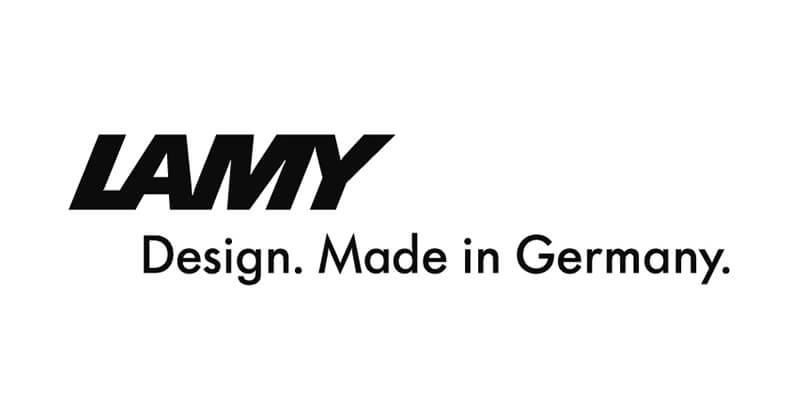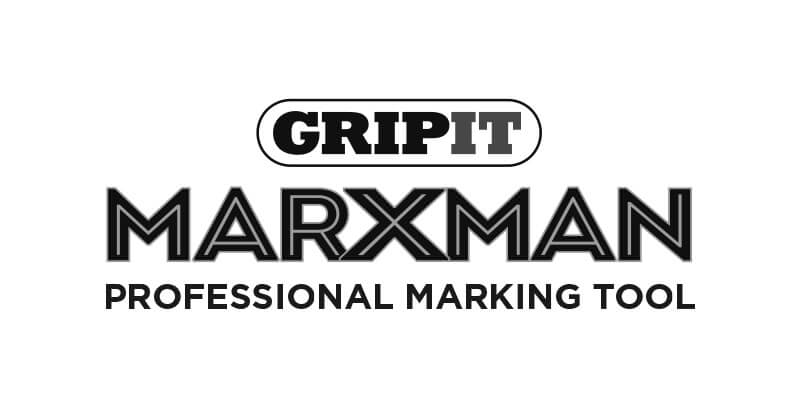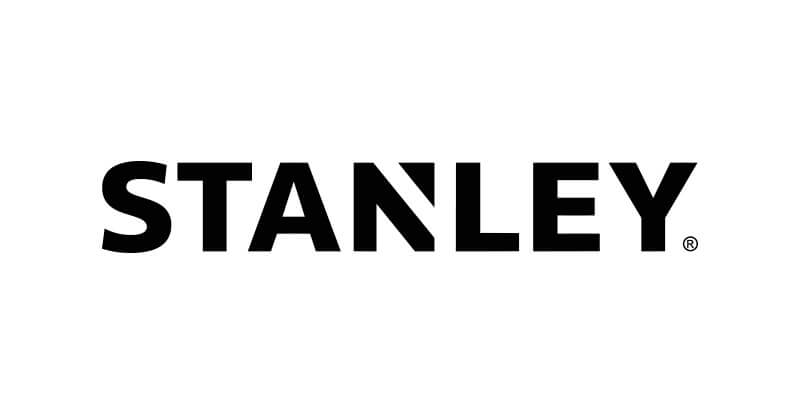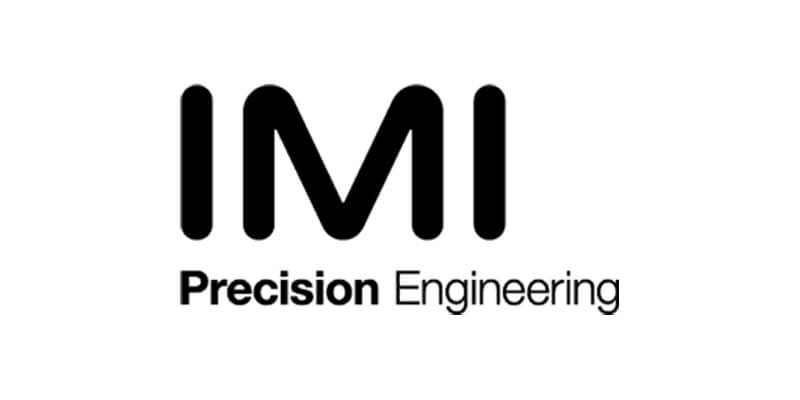What Does the Future Hold for The Manufacturing Industry?
Over the last 12 months, there have been some truly world-shaking events that have caused ripples across the UK manufacturing industry. With the aftermath of the pandemic and the UK leaving the EU, we are set to see some drastic changes in the months and years to come.
Many people have a very doom and gloom view of the future of manufacturing. The pandemic has shed light on just how dependent many industries are on imports from abroad, and how much chaos closed borders and travel restrictions can bring. Considering everything the industry has gone through in the past year, it’s safe to say that we can expect that the entire sector will need restructuring and altering to adapt to incoming permanent changes in British supply chains.

Impact of COVID-19
The British manufacturing sector contributes £191 billion to the economy and provides more than 2.7 million jobs. The COVID-19 pandemic has brought problems and issues to the entire country, and worldwide, on a scale never before seen. Issues with transport and plummeting demand for sectors like aviation and automotive has meant that manufacturing firms have had to streamline their operations and implement job cuts as an unfortunate consequence.
However, some manufacturers did manage to thrive during the pandemic, showing remarkable resilience. Many firms managed to stay afloat by helping the government tackle the growing PPE shortage, diversifying their operations to manufacture PPE for key workers on the front line. The closed borders meant a reduction in international competition in the UK, allowing UK manufacturers to better support their local markets. This could have positive knock-on consequences as the pandemic is brought to an end, with British consumers being reminded of the quality of UK manufacturing.
The pandemic also brought new challenges in the form of social distancing, meaning that many businesses had to revamp their operations. Technologies that help aid remote working or GPS trackers that can help physical workers keep their distance from each other can be utilised on the manufacturing line to help businesses operate safely. Robotics and automation is another key component that can help keep human workers at a safe distance from one another. It is the type of technology that manufacturers need to adopt in the coming years if they want to stay competitive.
What Manufacturers Can Do to Secure Their Future
Many UK manufacturers depend on global imports for their supply chain and faced serious struggles over the last year due to a delay in the delivery of raw materials from countries like China. Manufacturers have been forced to closely examine their supply chain and make changes to their processes.
The products themselves may have been altered in ways so that manufacturers can better use what materials they have coming through. They will also need to re-examine where they source their materials from and may need to adopt dual sourcing to ensure they have alternative access to supplies in the event of future localised lockdowns cutting off their only source of materials. Widening their supply options will help mitigate risk.
Technology will play a key role in planning for the future. Manufacturers will need contingency plans in place for any future problems with COVID-19, or even the potential for new pandemics in the future. Technology can be a fantastic tool for contingency planning by identifying and addressing issues as they arise. When manufacturers digitise their supply chain, they can improve their ability to be flexible in the wake of problems.
Manufacturers may also have to consider the reality that it will become more difficult to secure workers in the coming years. In warehouses across the UK, around one in five employees are EU migrants, and the UK’s departure from the EU could have a serious impact on the warehouse labour force as people are not allowed to enter the UK for work.
Under new regulations following Brexit, the UK now employs a points-based system to allow EU nationals to work in the UK. Points are obtained by such criteria as obtaining a salary over a certain amount, having a grasp of English, and working in a sector that is officially in demand. Under this new system, a low-skilled warehouse worker may not qualify due to the salary not being sufficient and the sector not currently qualifying as in-demand.
With less EU migrants to rely on for the UK manufacturing workforce, more investment will be needed in automation and technology to allow operations to continue with less physical workers at the helm.

The pandemic and Brexit have proved just how crucial it is for manufacturers to put contingency plans in place and be as flexible as possible to consider how they will operate in the future. By diversifying business operations, manufacturers are better placed to tackle problems that arise due to the pandemic and/or Brexit.
At H&T Industrial, we are a precision engineering company specialising in precision components, metal pressings and stamped parts. We have over 50 years of experience in many industrial sectors and can serve high-volume markets. If you’d like to learn more about our services, including our precision tool making and project management, contact us today.





